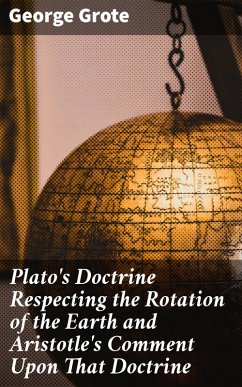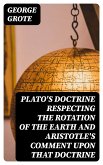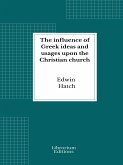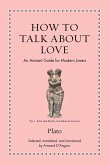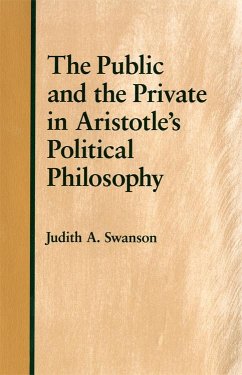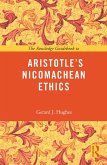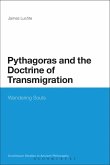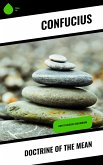In "Plato's Doctrine Respecting the Rotation of the Earth and Aristotle's Comment Upon That Doctrine," George Grote undertakes a meticulous examination of ancient philosophical discourses regarding cosmology as represented by Plato and Aristotle. The book showcases Grote'Äôs skillful narrative, utilizing a blend of historical analysis and literary critique to elucidate the evolution of thought surrounding the Earth's rotation and its implications in classical philosophy. Grote places this discourse within a broader intellectual context, exploring the intersections of mathematics and natural philosophy in ancient Greece, which facilitates a deeper understanding of Aristotle's exegetical approach to Platonic texts. George Grote was a notable British historian and philosopher, primarily recognized for his extensive works on Greek philosophy and democracy, which reflect his academic background and interest in historical continuity. His own philosophical inquiries, particularly regarding the evolution of civic thought and empirical understanding, shaped his scholarly perspective, allowing him to present a nuanced interpretation of these foundational thinkers. Grote's insights often aimed to bridge the past and present, reflecting his commitment to elucidating the relevance of ancient ideas in contemporary discourse. This book is a compelling resource for scholars and students of ancient philosophy, offering a clear and rigorous exploration of pivotal concepts that have shaped Western thought. Those intrigued by the interplay between ancient cosmology and philosophical inquiry will find Grote'Äôs work not only informative but also intellectually stimulating, unveiling the intricate dialogues between two towering intellectual figures.
Dieser Download kann aus rechtlichen Gründen nur mit Rechnungsadresse in A, B, BG, CY, CZ, D, DK, EW, E, FIN, F, GR, H, IRL, I, LT, L, LR, M, NL, PL, P, R, S, SLO, SK ausgeliefert werden.

